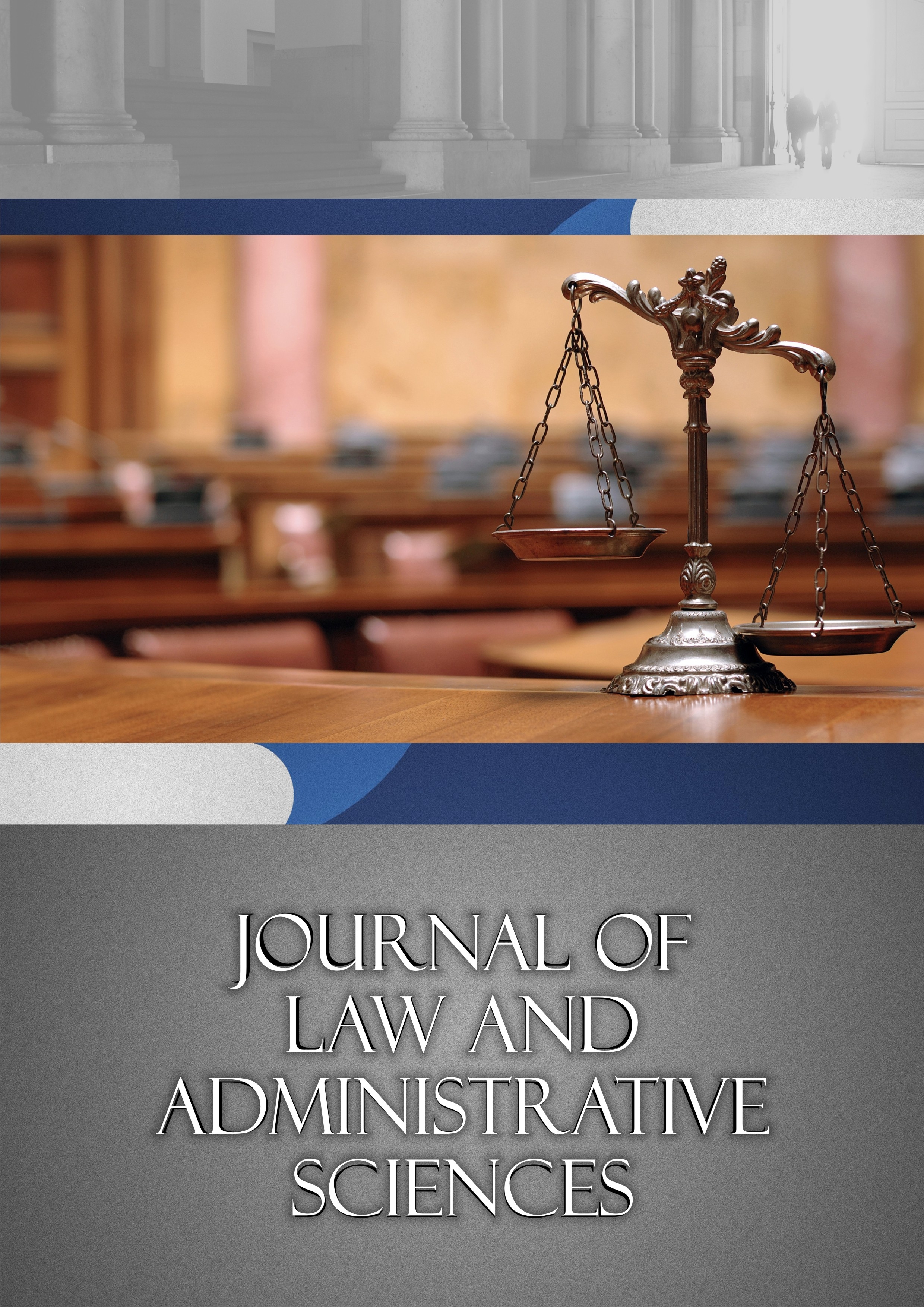CONSIDERATIONS ON THE FORMAL SOURCES OF INTERNATIONAL LAW
CONSIDERATIONS ON THE FORMAL SOURCES OF INTERNATIONAL LAW
Author(s): Maria Luiza HresticSubject(s): Social Sciences, Law, Constitution, Jurisprudence, Essay|Book Review |Scientific Life
Published by: Editura Universitatii Petrol-Gaze din Ploiesti
Keywords: formal sources; international law; States; juridical systems; Rule of law; juridical norms
Summary/Abstract: “Law sources” designate at the same time the substantial / material law sources and the formal law sources [1]. By law sources are also designated “ways of formation of juridical norms, namely procedures and acts by which these norms come into “juridical existence”, become part of the positive law and acquire validity [2]. Thus, this paper is about the formal sources of law, whose “small number makes them present in all the juridical orders and subject to systematization” [3]. It is only these formal sources that we are going to deal with in this paper. Although the importance and the authority of each of them varies depending on juridical systems, epochs and countries, we can point out, among these sources: law, custom, jurisprudence and doctrine. In general, the specialists oppose written sources, such as legislation, to unwritten ones, such as custom, or direct sources, like law and custom, to indirect ones, like doctrine and jurisprudence, which would actually be, for instance, according to some eminent French law authors, nothing but authorities but not also French law sources [4], or official sources that generate formal rules, which are legislation and jurisprudence and unofficial sources, yielding only non formal (non official) rules, such as custom and doctrine [5]. The recognition of the formal law sources and of the obligatory character of the rules coming out of the formal law supposes a “Rule of law” [6].
Journal: Jurnalul de Drept si Stiinte Administrative
- Issue Year: 1/2017
- Issue No: 7
- Page Range: 103-111
- Page Count: 9
- Language: English

